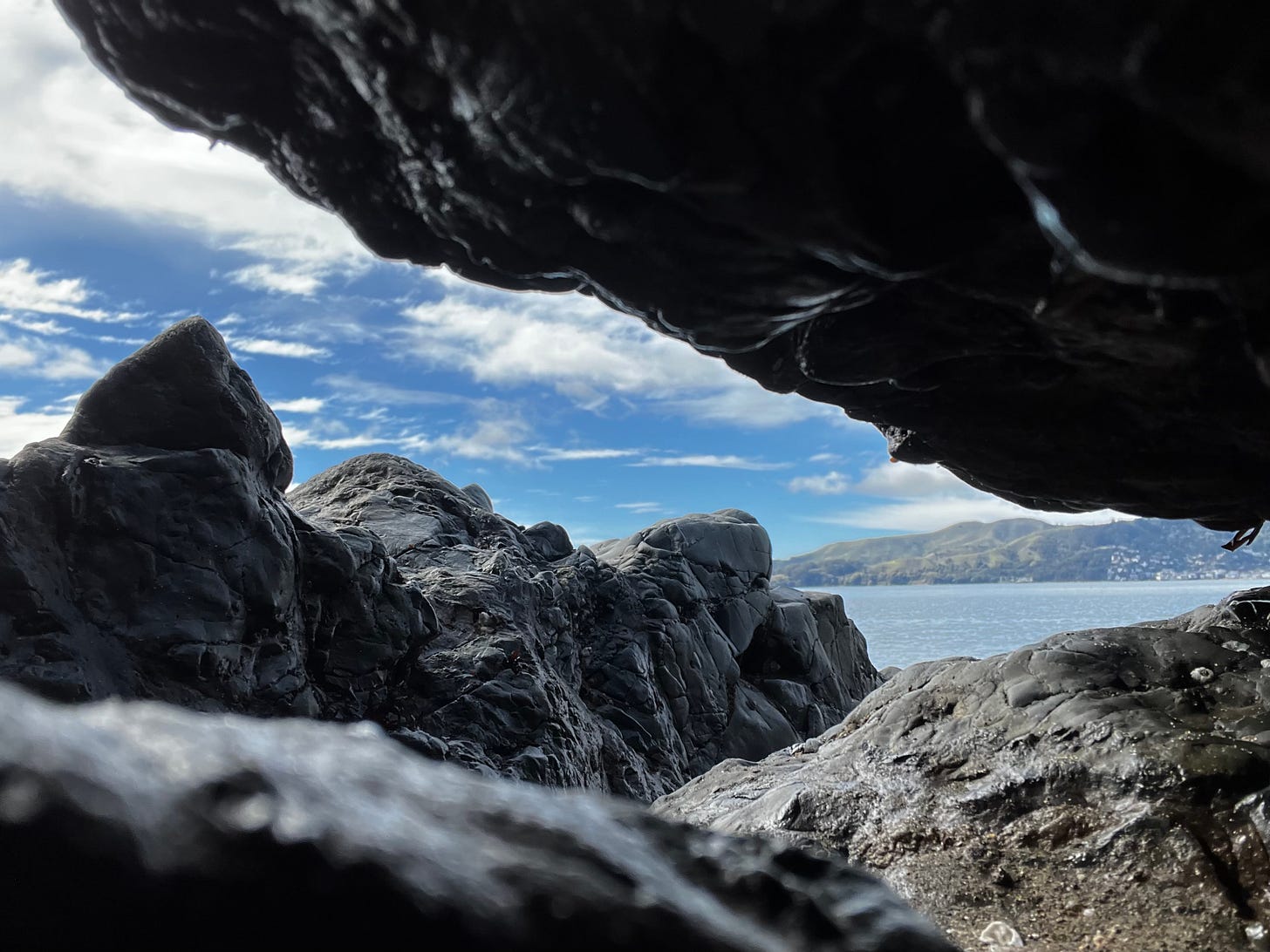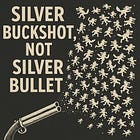The Case for Possibility
why trying to predict the end of the world won’t save it
I’ve never found much comfort in optimism.
Optimism is a kind of performance. A way of pretending that if we stay upbeat enough, the universe will take the hint.
To me, possibility feels more true. Because the only thing we know for sure is that we don’t know how this ends. There are many possibilities.
There’s something almost devotional about our obsession with prediction.
We chart timelines of collapse, calculate the odds of survival, trade graphs like prayer beads.
As if seeing disaster coming would somehow protect us from it.
It’s a comforting illusion.
If we can just know, we can prepare.
And if we can prepare, maybe we can stay in control.
Comments are open. If you’ve got something to say or want to share what stood out to you, I’d love to hear it.
But the idea that we can forecast the collapse of society and then plan our way through it, like packing a bag before a hurricane that never stops, is absurd.
Prediction has its place. It’s useful when the world behaves predictably. Like when you’re budgeting, creating your five-year plan, planting a garden, or deciding what route to take home.
But in times of deep ecological, political and civilizational uncertainty, prediction stops being helpful and starts being a form of self-soothing.
It keeps us busy when we’re afraid. It gives us the illusion of doing something. But it also keeps us frozen.
Because if you’re waiting for the forecast to clear before you move, you’ll never move at all.
The truth is, no one knows what happens next.
No model, no expert, no dataset can account for the wildness of a living world.
Collapse and regeneration are happening all at the same time, everywhere. Systems fail and new ones form beneath them. Species die off and others adapt. Communities fall apart and others build again from the rubble.
Possibility isn’t really an attitude. It’s just what’s left when certainty falls apart.
Prediction pretends to protect us. It gives shape to the unknown, builds a map over the fog, makes us feel like we’re ready. But we’re not. We never were.
The future doesn’t move in straight lines we can anticipate. It folds, detours, forgets its own script. By the time we think we’ve seen what’s coming, it’s already become something else.
I write for free, once or twice a week, but the real joy is hearing from readers. You’re always welcome to respond. Hit ‘reply’ or send me a message below.
Optimism depends on prediction. It needs a storyline where things eventually turn out okay.
Pessimism is the same, in the other direction. It needs a storyline where things eventually turn out badly.
Possibility just tells the truth:
We don’t know.
And maybe that’s the most honest thing we can say about the future.
Not that it will get better or worse,
only that there are infinite possibilities for how it could turn out.
FYI: On the side I write a weekly newsletter called For People and Planet. It’s all about progress, hope, and the ways people are building a better future with Earth. You can take a look here: forpeopleandpla.net
Further reading:
For more like this, follow me wherever you connect with friends:
Bluesky 💖 LinkedIn 💖 Mastodon 💖 X 💖 Instagram 💖 TikTok 💖 Threads 💖 YouTube 💖 Facebook
With love, Bri Chapman






I prefer to be a terrible optimist, and, you're right, it was about believing in predictions, being convinced the positive predictions would come to pass, as they often do.
But then I received a cancer diagnosis. That was the complete opposite of my prediction about myself. And now the threat of its return always looms over me. I no longer believe it will stay away just because I wish it so. But, I live in possibility... the possibility of good health. No longer a prediction.
"Optimism is a kind of performance. A way of pretending that if we stay upbeat enough, the universe will take the hint"
"There’s something almost devotional about our obsession with prediction"
I think that's a bit extreme. I am pretty sure you are an "predicting optimist" too, every day.
When you go get a coffee at the neighborhood coffee shop in the morning, you are predicting that the coffee shop will be open, that you will safely cross the streets, that your apartment won't burn in the meantime.
Every human action in life depends upon those optimistic micro-predictions